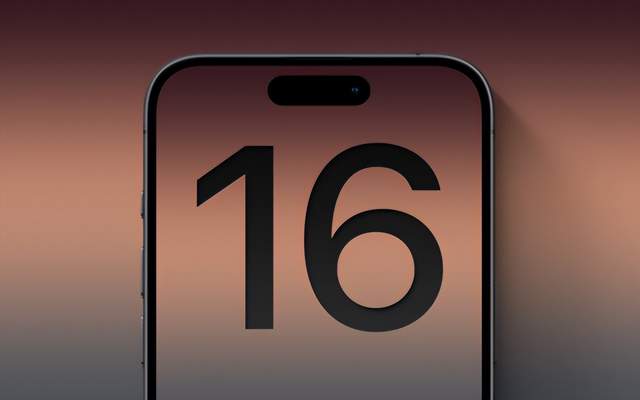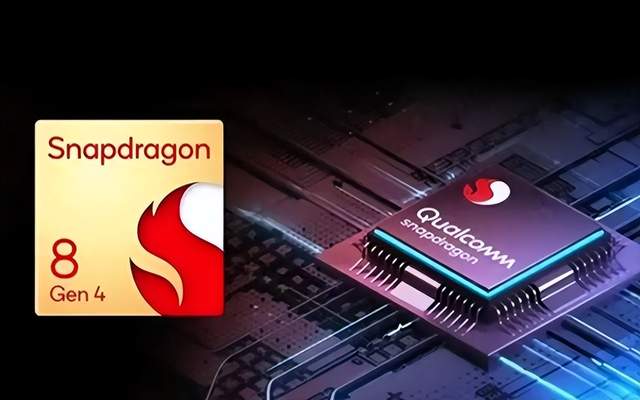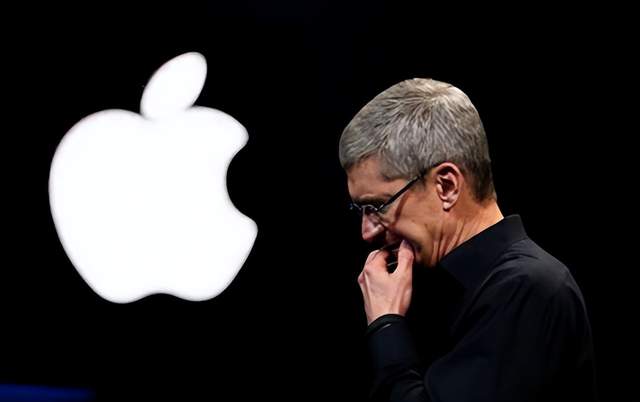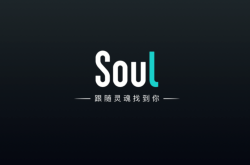iPhone16 is really hard to sell, suffering setbacks in both China and Europe markets, with reports of 3 million orders being cut
![]() 10/09 2024
10/09 2024
![]() 531
531
The initial sales of iPhone16 in the Chinese market once again witnessed a rush of people queuing up to buy, but recently, insiders in the industry chain pointed out that the popularity of iPhone16 did not last long, and sales in both China and Europe were lower than those of iPhone15 last year. It was rumored that Apple quickly cut at least 3 million iPhone16 orders based on market performance.

In fact, Apple's iPhone16 does not have significant innovations. The A18 processor is not as impressive as expected, with an actual performance improvement of only around 15%, which has disappointed consumers. Previously, the performance improvements from A14 to A17 processors were only around 10%, and consumers had hoped that A18 would not just be a minor upgrade but would deliver a 30% improvement.
iPhone16 also has improvements in its camera. Two of its three lenses now feature 48-megapixel resolution, which can bring significant enhancements to photography performance. However, compared to Android phones that have already adopted lenses with over 100 million pixels, the pixel upgrade of iPhone16's lenses offers relatively limited appeal.
Apple introduced innovative AI features for iPhone16, but due to various reasons, this AI feature was not launched in the Chinese and European markets, causing disappointment among consumers in these regions. This is the biggest factor contributing to iPhone16's lower-than-expected sales. The Chinese market is the largest iPhone market globally, while the European market is comparable to the US market. The unsatisfactory sales in these two major markets have directly led to iPhone16's inability to meet sales expectations.
As iPhone16 sales have been less than ideal, third-party retailers have quickly reduced prices to sell the device, highlighting their concerns about iPhone16 becoming inventory and putting pressure on them. This further underscores the poor sales of iPhone16 and represents a significant blow to Apple. Meanwhile, rumors of order cuts in the industry chain confirm that Apple has indeed recognized the bleak sales outlook for iPhone16.

Apart from iPhone16's own issues, the pressure from Android phones and Qualcomm also contributes to its sales struggles. Qualcomm's upcoming Snapdragon 8G4 chip is set to return to a self-developed core architecture, significantly boosting its performance. It is reported that the Snapdragon 8G4 will deliver at least a 40% improvement in single-core performance and exceed 10,000 points in multi-core performance, marking the first time a Qualcomm chip has surpassed Apple in single-core performance.
Interestingly, Qualcomm's self-developed core architecture has deep roots in Apple. Qualcomm acquired Nuvia, whose three founders were all from Apple's A-series processor development team. With Nuvia's expertise, Qualcomm has been able to significantly enhance its chip's core performance.
The departure of key personnel from Apple's A-series processor development team highlights the dilemma of the Cook era. Cook has been Apple's CEO since Steve Jobs' passing, but he has failed to retain the loyalty of many of Apple's technical talents. Since taking over as CEO, many of Apple's technical stars have left the company, including iOS founder Scott Forstall and Chief Design Officer Jony Ive. The exodus of these talents is the root cause of Apple's lack of innovation.
After the initial loyal Apple fans quickly snapped up iPhone16, other consumers may be waiting to see how Qualcomm's new Snapdragon 8G4 chip performs and whether Apple will significantly reduce prices in response. Additionally, China's final promotional season of the year, Singles' Day, is approaching, which could further impact iPhone16 sales.

Under Cook's leadership as CEO, Apple has achieved record revenue and market value. However, the company has been criticized for lacking innovation and relying on Steve Jobs' legacy. With Cook now in his 13th year as CEO, it seems that Jobs' legacy may finally be running out. Instead of leaving Apple at its peak, Cook may face a less-than-glorious departure as the iPhone's popularity wanes.





